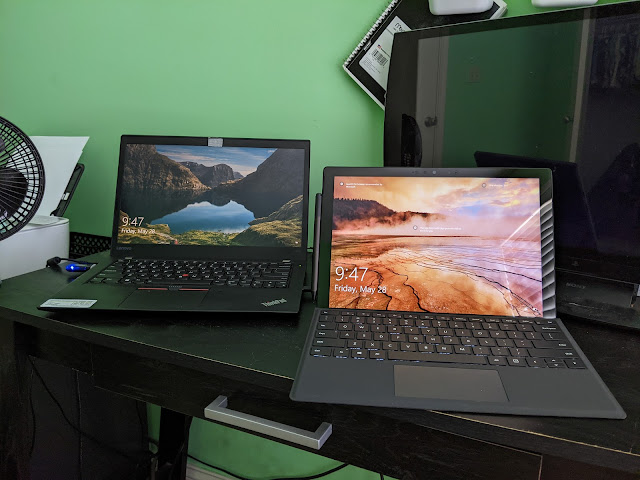Thirsty Thursday Eve - Brown Eyed Squirrel

I always enjoy a good beer, but sometimes a particular beer becomes more than just a beverage. Name: Brown Eyed Squirrel Source: RJ Rockers Style: American-Style Brown Ale ABV: 5.6% IBU: 18 Price: $9.47 per 6 pack at Ingles (0.132 per oz, ~1.58 per can) The first time I ever had Brown Eyed Squirrel was at a friend’s bachelor party. We were sitting at the bar in Spare Time, waiting for our escape room session. I asked the bartender for “the maltiest thing you have.” Probably 75% of the time, this question gets met with a blank stare, and then I just ask for a Sam Adams or something they’ll recognize. The remaining quarter, I’ll get something I almost universally enjoy. Fortunately, this bartender knew her stuff. She told me that they don’t have a lot of malty options, but that she would probably recommend Brown Eyed Squirrel. If somebody is informed enough to answer that question, their recommendation is probably a safe bet for me. I gave it a shot, and sure enough it was really good. T

